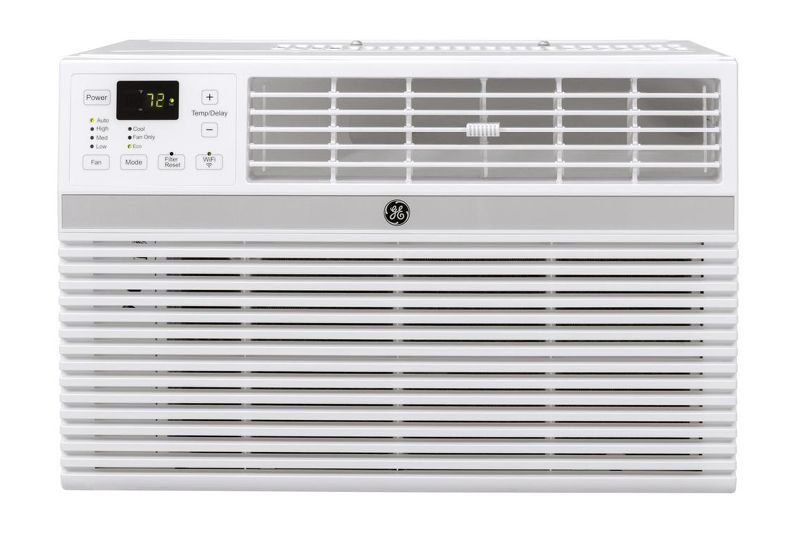

BTU AC PER SQ FT INSTALL
home that is 2,000 square feet our equation is:Ģ,000(sq ft) X 35 (zone factor) = 70,000 BTUsįor this home, we need to install a furnace with a rating of 70,000 BTUs. If your home is not well insulated or has other factors that may make it harder to heat, use the higher number.įor example: in a well-insulated L.A. If your home is well insulated, use the lower number. To determine the number of BTUs you need to heat your home: multiply your square footage by the zone heating factor. In Zone 2, you need 35-40 BTUs for each square foot of your home. If you’re working with Mike Diamond, then your home lies in Zone 2 – a hot-dry or mixed-dry climate zone. Living in California, your furnace won’t have to be heavy duty. To heat a home in Minnesota takes more BTUs than a home in Florida. The United States is divided into different climate zones, each with its own BTU per square foot recommendation. Determine which climate zone you live in. If your ceilings are higher or lower, make changes to your calculation accordingly. Most furnace size charts operate under the assumption that your ceilings are eight feet high. Then simply add together the square footage of all your rooms.ĭon’t include rooms that don’t have ductwork or rooms you don’t plan on heating, like garages or sunrooms. Multiply the length and width of each room together to get the square footage of that room. Start by measuring the length and width of each room in your home. If you can’t find that, you can calculate the square footage yourself. You should be able to find this number on the paperwork you received when you purchased your home. First, find out the square footage of your home. To determine the proper BTU you’ll need for your home’s heating, you’ll have to do a little math. One BTU represents the amount of energy required to heat one pound of water by one degree Fahrenheit. Gas furnaces are differentiated by their BTU capabilities. How do I determine the right size furnace for my home?
BTU AC PER SQ FT HOW TO
To avoid these problems, learn how to choose the right sized furnace for your home. This constant cycling in short bursts could wear it out quickly. A furnace that’s too big, on the other hand, might make parts of your home uncomfortably hot while leaving other areas unproperly heated. Not to mention the fact that you’ll probably still be cold.

Neither is ideal.Ī small furnace will lead to high energy bills, uneven heating, and a shorter lifespan. Too big and it will switch on and off frequently, too small and it will run constantly.

A furnace can only do its job properly if it’s the right size for the space it’s heating. When it’s cold outside (even in LA), you need the right furnace to heat your home evenly and efficiently.


 0 kommentar(er)
0 kommentar(er)
